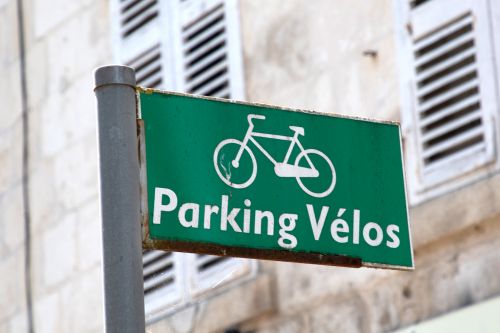A version of this feature ran in the July issue of BRAIN.
By Eugene Gerden
PARIS (BRAIN) — The French bike industry is on the verge of big changes due to the recently announced plans of the national government to create conditions for almost doubling of domestic production of bikes and more active popularization of cycling in the country in years to come.
Implementation of these plans is part of the nation's existing 2023-2027 Cycling and Mobility Plan, which was approved by the French government in 2023 and which involves investing 2 billion euros (about $2.3 billion) over the next four years to develop cycling infrastructure and bike production in France.
The French industry experienced a renaissance during the 1980s and 1990s when local producers almost completely met domestic needs for bikes. However with the arrival of cheaper imported bikes from such countries as China and Taiwan, the positions of French bike producers significantly weakened. Many of them even ceased to exist.
According to experts of the French Cycling Federation (FFC) and independent analysts in the field of bikes, at present the annual unit sales of bikes in France are two times higher than sales of passenger cars, being estimated at about 2.2 million bikes. Of these about 700,000 units are made in France.
In accordance with the recent report of the French sports industry analyst agency UNION sport & cycle, in 2024, the bicycle market generated revenue of 3.2 billion euros, down 5.9% from 2023. In terms of volume, 2.2 million bicycles were sold, a decrease of 12% year-on-year. The decline is largely due to an uncertain economic climate that is causing consumers to postpone their purchases, particularly of new bicycles. Still, despite such a decline, the industry has grown by 33% in terms of turnover since 2019, mainly due to the success of road bikes and gravel models, the only bike categories to show growth.
The share of electric bikes is also growing. This category represents about 30% of the entire market, with an average price of 2,045 euros.
At the same time, the situation in parts' segment is much worse, as France is no longer a producer of bike parts. It also lacks production of e-bike parts such as semiconductors, so even e-bikes made in France rely on electronic parts from China and Taiwan.
Still despite this, the repair sector continues to show positive dynamics, with the growth of +119% since 2019. According to experts of the UNION sport & cycle, at present three times more bicycles are repaired in France than new ones are sold. Currently France has a special Repair Fund, which is supported by market suppliers and which covers part of the costs of French bike workshops.
Patrick Guinard, president of the cycle commission of the UNION sport & cycle, said, "We have good momentum in certain segments, an awareness on the part of the French that cycling can be practiced differently, with the rise of road bikes and gravel bikes. The French continue to cycle, despite a very bad year in 2024 in terms of weather."
The national Mobility Plan aims to create conditions for the production of up to 1.4 million bicycles annually by 2027, compared to 854,000 in 2022.
For this purpose, serious support will be provided for the research and development works in the industry, paying a particular attention to the support of domestic producers of parts.
The government also wants to promote cycling, including the active development of cycling routes across the country. Currently, some 57,000 kilometers of safe cycle paths exist in France. Part of the national plan calls for increasing the paths to 80,000 kilometers by 2027 and up to 100,000 kilometers by 2030. The government has also plans to promote cycling by youth, including instructing as many as 850,000 children a year by 2027.
The plan also includes measures to reduce bike theft, which remain a big problem for the French bike sector. For this purpose, the country will launch a national bicycle registration program and expand secure bike parking near train stations. The goal is to increase the number of secure parking spaces to 90,000 by 2027, compared to 30,000 today.
Finally, the government hopes that its support will allow the industry to create more new jobs. According to official state data, at present the cycling industry employs 50,000 direct jobs in France. The plan is to increase that figure by three times by 2050.
Gerden is a European cycling industry journalist.


